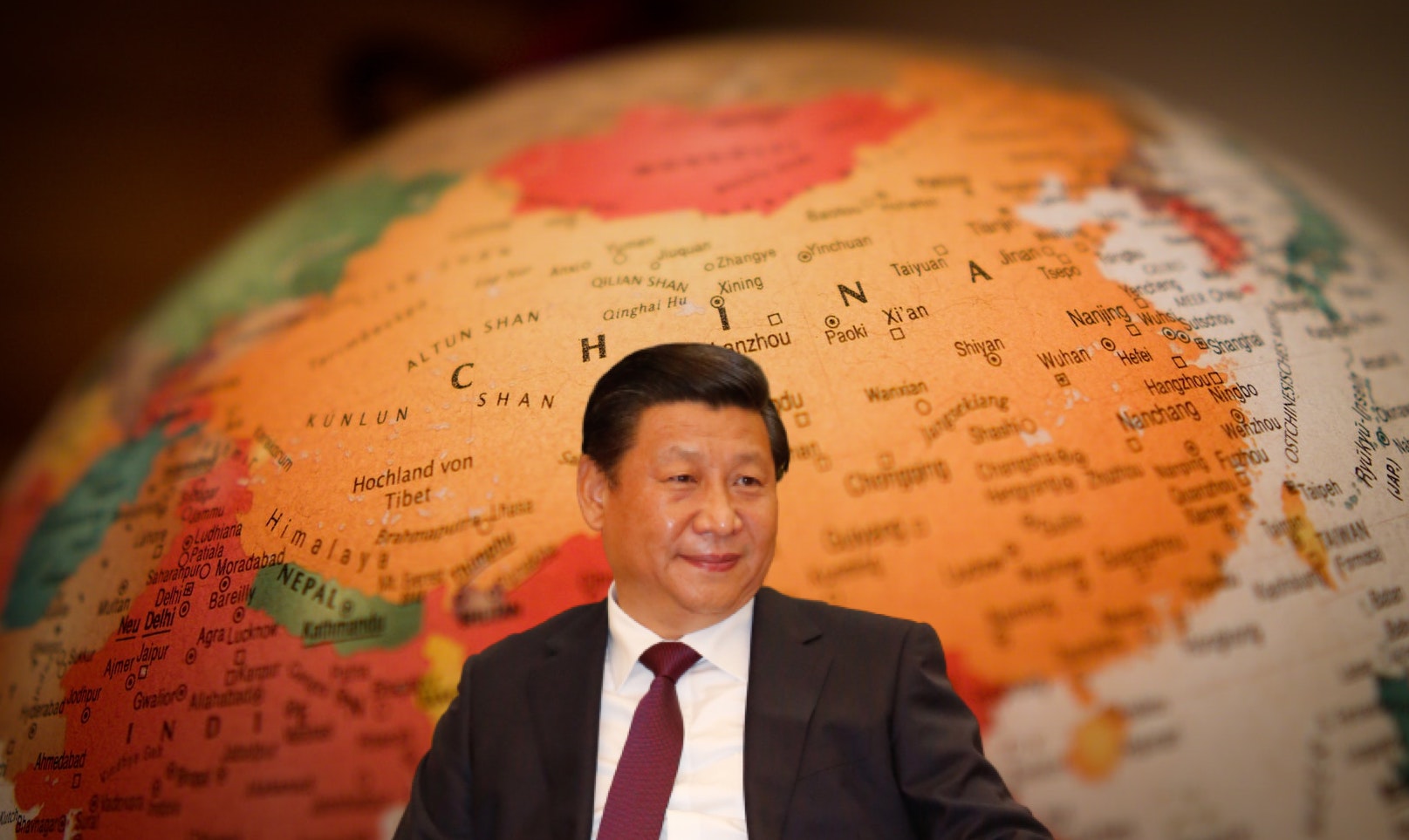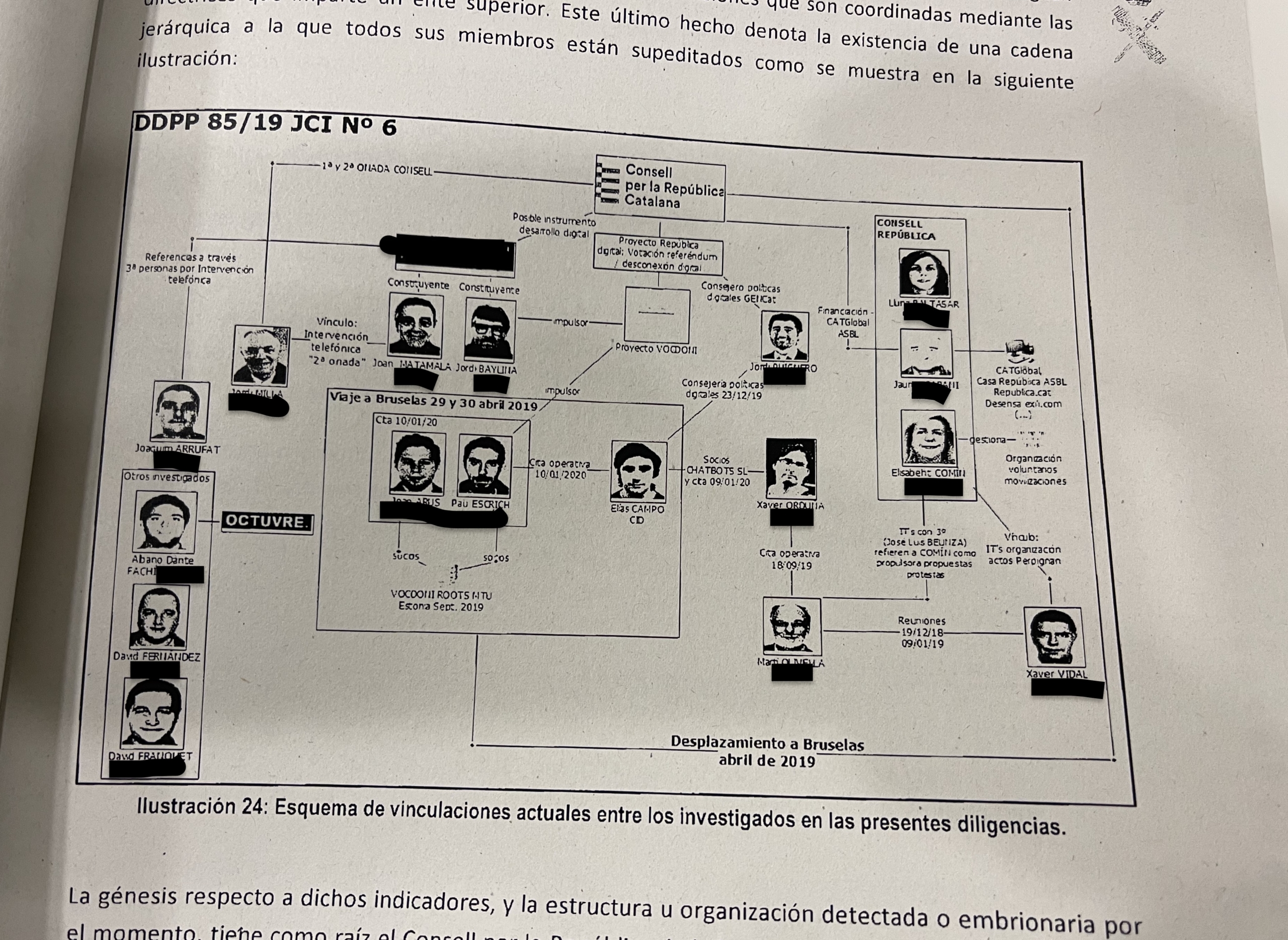Both sides are fully aware that any step toward active hostilities will lead to mutual (and global) destruction. US strategy on Taiwan will continue to pursue so-called “strategic ambiguity”, despite the intensification of US relations with the island. Analysis by Ian Bremmer, President of Eurasia Group
The relationship between the United States and China, the most important in the world at the geopolitical level, is characterized by the extreme mistrust between the two parties, which translates into fewer bilateral contacts at the governmental level. China, for its part, is convinced that the United States wants to contain it, while the Americans fear that the Chinese have broad expansionist intentions.
Some important external factors coinciding today with major global crises – the pandemic, the Russian invasion of Ukraine, climate change – are causing increased tensions and fueling the relationship of mistrust between the two parties on the international scene. In fact, the domestic politics of both countries increasingly tend to fuel mutual hostility.
However, at the same time, there is a strong, persistent, and growing degree of economic interdependence between Beijing and Washington that keeps their relationship operating at full capacity. Indeed, if, on the one hand, it is true that a strategic separation occurs between the two, it is also true that this only occurs in sectors related to national security.
Both sides are fully aware that any step toward actual hostility will lead to mutual (and global) destruction. The US strategy on Taiwan follows and will continue to pursue the so-called “strategic ambiguity”, as it was explicitly explained in Biden last August. There is no need to follow any different strategic intent on a visit Nancy Pelosi In Taiwan, in Biden’s remarks or in the arms deal.
On this issue, US-Taiwan relations are intensifying for domestic political reasons with both sides seeming to want to compete in emphasizing China’s aggression. This outlines a clear escalation of Sino-US tensions and is a trend that is bound to intensify if the Republicans win the House of Representatives midterm in November (as likely) and if they also succeed in the 2024 presidential election.
From a strategic and comparative point of view with China, the relationship with Asian and Indo-Pacific countries that have no interest in the outbreak of a cold war between the two superpowers is important for the United States. On the other hand, the island nations in the region fear the rise of China and are strategically aligned with Washington on security issues. On the other hand, they have very close economic ties with Beijing that they intend to maintain and develop over time.
In my opinion, the contradiction between these countries will play an important role in the stability of the relationship between the United States and China. Asian countries, for their part, are instead finding themselves in the middle of a balancing act that will become even more intense. Think of India: New Delhi shares strong concerns with Washington about Beijing’s growing influence that is reflected in joining the Quartet.
At the same time, on a geopolitical level, Indians are more aligned with China than the United States, exchanging views on issues such as climate change, trade and technology. In this context, in relations between China and the United States and the West in general, there is one element that must undoubtedly be added and that is Vladimir Putin’s Russia.
Beijing is much stronger than Moscow in practically all respects, and this is just as true after the invasion of Ukraine which led to Russia being a pariah in the G7 like Iran. However, even before the war, Russia was never a globally influential country, neither in terms of soft power or economic power, which are the elements necessary to act as a rule-maker or standard-setter.
Factors that have instead led to China taking an increasingly important role in the international arena. While Beijing buys a lot of energy and other raw materials from Russia, it is very careful not to break Western sanctions or supply arms to Moscow (unlike Iran and North Korea).
As can be seen, the so-called “friendship without borders” between Russia and China is in fact a relationship that does not have many advantages for Moscow, because, after all, China is much more interested in the economic relations that it has with the G7 member states than in ideological affinity . .

“Prone to fits of apathy. Introvert. Award-winning internet evangelist. Extreme beer expert.”



